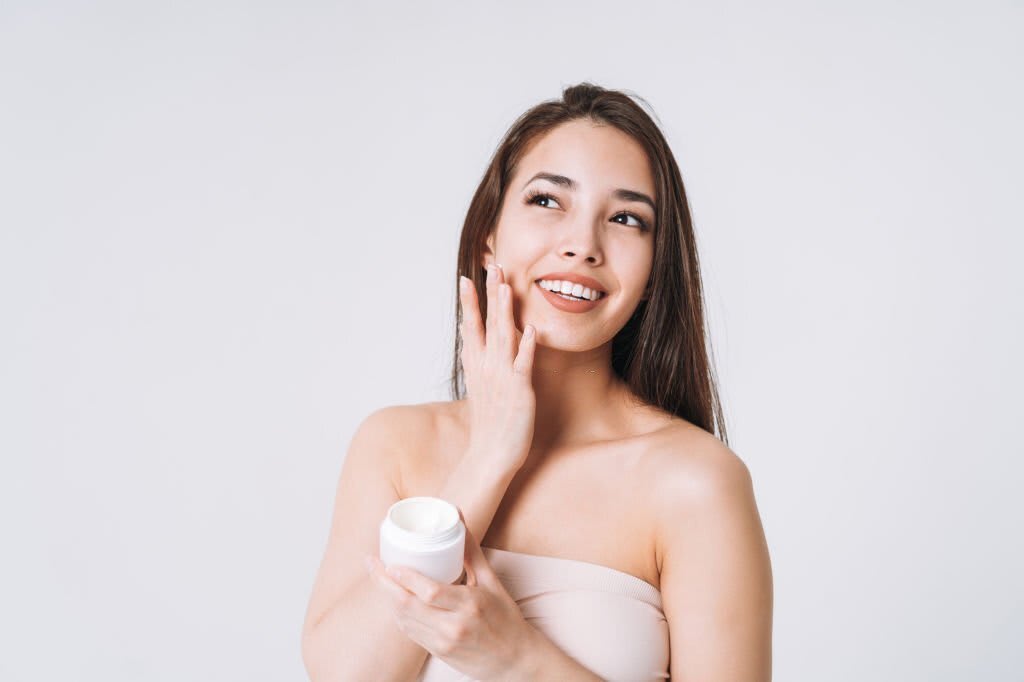Your Checklist for Choosing the Best Tinted Sunscreen for Face
Best Tinted Sunscreen For Face

It goes without saying that wearing sunscreen is crucial, but if you know what to look for in an SPF formula, you will use it all summer long. Several sunscreen formulas on the market leave your skin oily and unclean. Some also irritate your skin and make your acne worse. However, you cannot skip this daily essential if you care about your skin. We're here to help you find the best tinted sunscreen for face based on its ingredients. In regards to your sunscreen, we've put together a checklist of things to look out for. It offers information on things like ingredients to avoid, potential textures, and elements that affect the shelf life of the product.
Must-Have Ingredients In The Best Tinted Sunscreen For Face
- Zinc Oxide
- Physalis Angulata Extract
- Lipochroman (Dimethylmethoxy Chromanol)
- Cyclopentasiloxane
- Titanium dioxide
Zinc Oxide
Zinc is a naturally occurring mineral that is used to make zinc oxide. ZnO's antibacterial capabilities help to cure burns and other sunburn-related skin damage. It provides your skin with a good defense against UVA radiation, which is to blame for photoaging the skin.
Physalis Angulata Extract
This fruit extract offers anti-inflammatory and relaxing properties for sensitive skin. Because it is rich in flavonoids and phytosterols, using it externally has anti-aging effects on your skin. Serine proteases on the skin are also increased, preserving and rebuilding skin collagen.
Lipochroman (Dimethylmethoxy Chromanol)
Lipochroman is a crucial component of the best tinted sunscreen for face with antioxidants. This vitamin E-like molecule offers your skin exceptional antioxidant defense, thereby lowering the danger of free radical damage. Also, it encourages the detoxification of the skin for better skin tone and anti-aging effects.
Cyclopentasiloxane
Cyclopentasiloxane is a colorless, odorless chemical that is commonly found in the best tinted sunscreen for face and other cosmetic products. It is included in cosmetic formulations to promote skin hydration and improve texture. It facilitates sunscreen's smooth integration with all skin tones. It also leaves your skin feeling soft and velvety.
Titanium dioxide
This is yet another essential component of physical sunscreen that protects your skin from sunburn and hyperpigmentation issues. This creates a barrier on the skin that protects it from the sun's damaging rays.
Look For Broad Spectrum Formula
Be sure the sunscreen you choose delivers both UVA and UVB protection. Although UVA rays penetrate deeper than UVB rays, they tend to have a greater negative impact on our skin. But, both are harmful to your skin, so you must take precautions to protect yourself from both. Check for the term "broad spectrum" on the label to ensure that it offers UVA and UVB protection.
Look For SPF 30 or Higher
SPF functions by extending your skin's built-in protection from UV radiation. This means that compared to unprotected skin, an SPF of 15 offers approximately 15 times as much protection. Hence, skin without sunscreen would be protected 50 times more by an SPF of 50. Selecting a broad-spectrum sunscreen ensures that both UVA and UVB rays will be blocked.
Seek sunscreen with at least a 30 SPF rating. Whereas an SPF of 50 will only let approximately 2% of UVB rays through, a broad spectrum SPF of 30 will block about 97 percent of them from reaching your skin.
Avoid Parabens
A class of compounds known as parabens is frequently utilized in cosmetic and personal care products as an artificial preservative. Due to their antibacterial qualities and capacity to increase shelf life, they are a preferred ingredient in skincare products. However, parabens alter bodily hormones, raise the chance of cancer, and cause other abnormalities.
Avoid Oxybenzone
Chemical sunscreens most frequently contain the component oxybenzone. It messes with your hormones. Hard corals and other marine species are also negatively impacted by it. If taken more regularly, it can potentially reach the bloodstream.
Avoid Harsh Chemicals
All skin types get inflamed by harsh substances, but individuals with sensitive skin are most vulnerable. Avoid substances like additional scents, chemicals, and colors. These compositions irritate the skin and do not increase the effectiveness of sunscreen.
In A Nutshell
Wearing sunscreen is crucial for protecting your skin, but finding the right formula can be tricky. Look for a tinted sunscreen that contains key ingredients like Zinc Oxide, Physalis Angulata Extract, Lipochroman, Cyclopentasiloxane, and Titanium Dioxide. Avoid harmful ingredients like Parabens and Oxybenzone, which disrupts hormones and have negative impacts on the environment. Also, steer clear of harsh chemicals, fragrances, and colors that can irritate sensitive skin. Follow this checklist to choose the best tinted sunscreen for face and enjoy the benefits of sun protection all summer long.





Comments
There are no comments for this story
Be the first to respond and start the conversation.